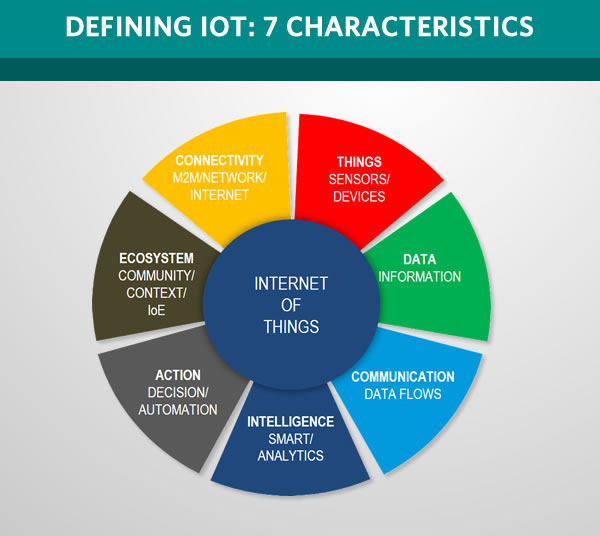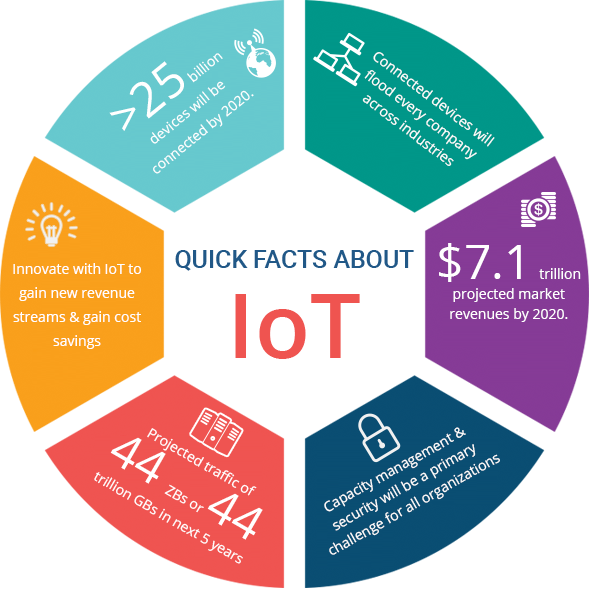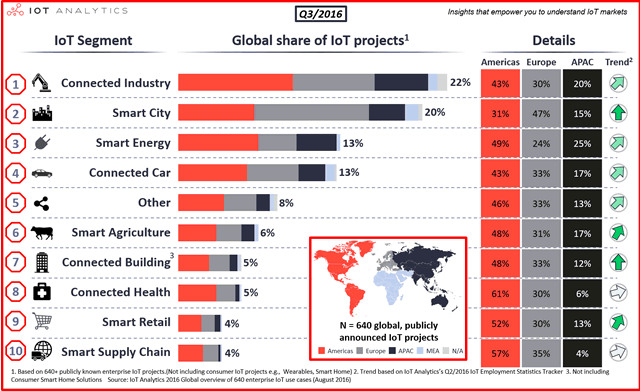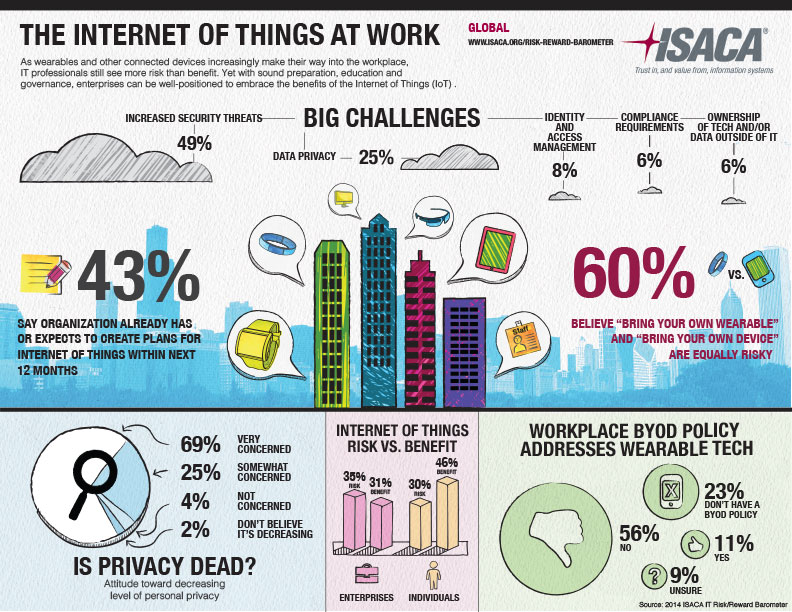We are in the world of Information and Connectivity. Don't we all know that our cell phones that continually gathers data about our whereabouts and activities? An expansive scope of organised data gathering gadgets are progressively being deployed in the public space, including CCTV cameras; ads and vending machines furnished with biometric sensors; and the indoor micropositioning systems known as "beacons" that, when combined with a smartphone app, send signals providing information about nearby products and services. The picture we are left with is that of our surroundings furiously vacuuming up information, each square meter yielding such great amount of data. But how is the Data Managed or Interpreted is something that can be an inquisitive hunt from a Management perspective.

The world is in principle perfectly knowable, its contents enumerable and their relations capable of being meaningfully encoded in a technical system, without predisposition or distortion. The agglomeration of cities and technology and this is effectively an argument that there is one and only one correct solution to each identified need; that this solution can be arrived at algorithmically, via the operations of a technical framework furnished with the proper inputs.

Internet of Things is adopted early to gain a competitive edge for leaders in both e-commerce and traditional retailers. The vision is to obtain better visibility along the demand and supply side of the value chain; to reduce variance by actively countering any ripples along the chain, and to get better returns by enabling optimum velocity of product flow. The primary focus is to gather customer data and insights, customise the product to cater to individual needs. Thus an attractive business value proposition is formed to simplify the buying process and make selling easier.

Human distortions inevitably colour the data collected. For instance, people may consciously adapt to produce metrics favourable to them and it is particularly likely to occur when monetary or other incentives depend on achieving a performance threshold. Different values for air pollution in a given location can be produced by varying the height at which a sensor is mounted by a few meters. Perceptions of risk in a neighbourhood can be transformed by slightly altering the criteria used to classify reported crimes.
The bold claim of “perfect” knowledge appears incompatible with the messy reality of all known information-processing systems, the human individuals and institutions that make use of them and, the world as we experience it. Life-altering decisions will hinge on the interaction of inadequately defined and subjective values. The output envisaged by such a procedure may turn on half-clever abstractions, in which complex circumstances resistant to direct measurement are reduced to more easily determined proxy values: average walking speed might stand for the “pace” of urban life, while the quantity of patent applications might represent an index of “innovation”, and furthermore. Inconvenient results may be suppressed, arbitrarily overridden by more heavily weighted decision factors, or simply ignored. The reality of power, and the capacity of elites to stifle policy directions that don’t serve their interests is a real threat to Management of Information.

So, yes: the Internet of Things presents many new potential outcomes, and it would be foolish to dismiss those conceivable opportunities out of hand. But we would also be wise to approach the entire domain with skepticism, and in particular to resist the endeavours of companies to accumulate ever more data about our lives – no matter how much ease, convenience and self-mastery we are told they are putting forth us.

